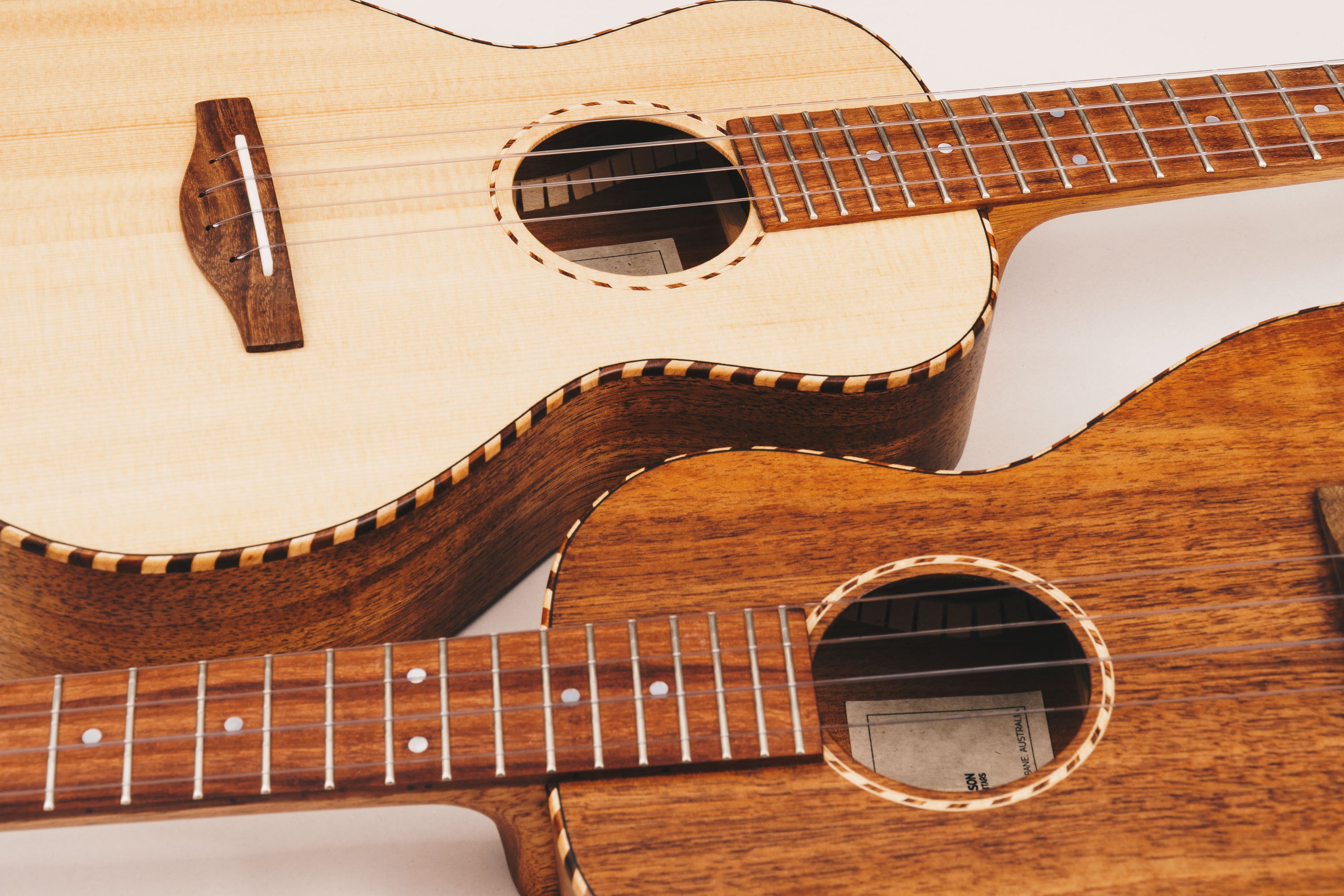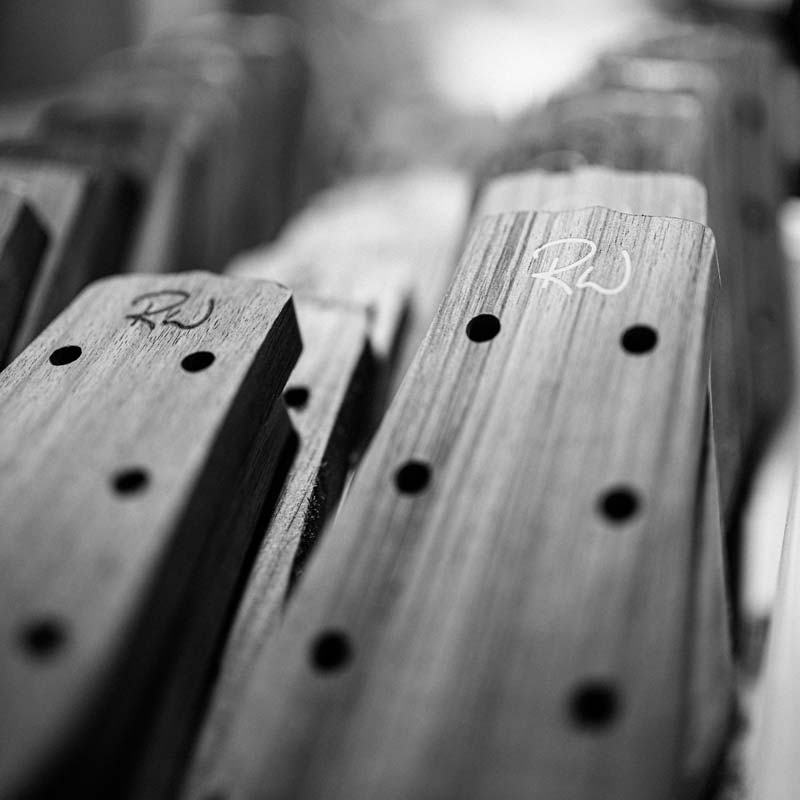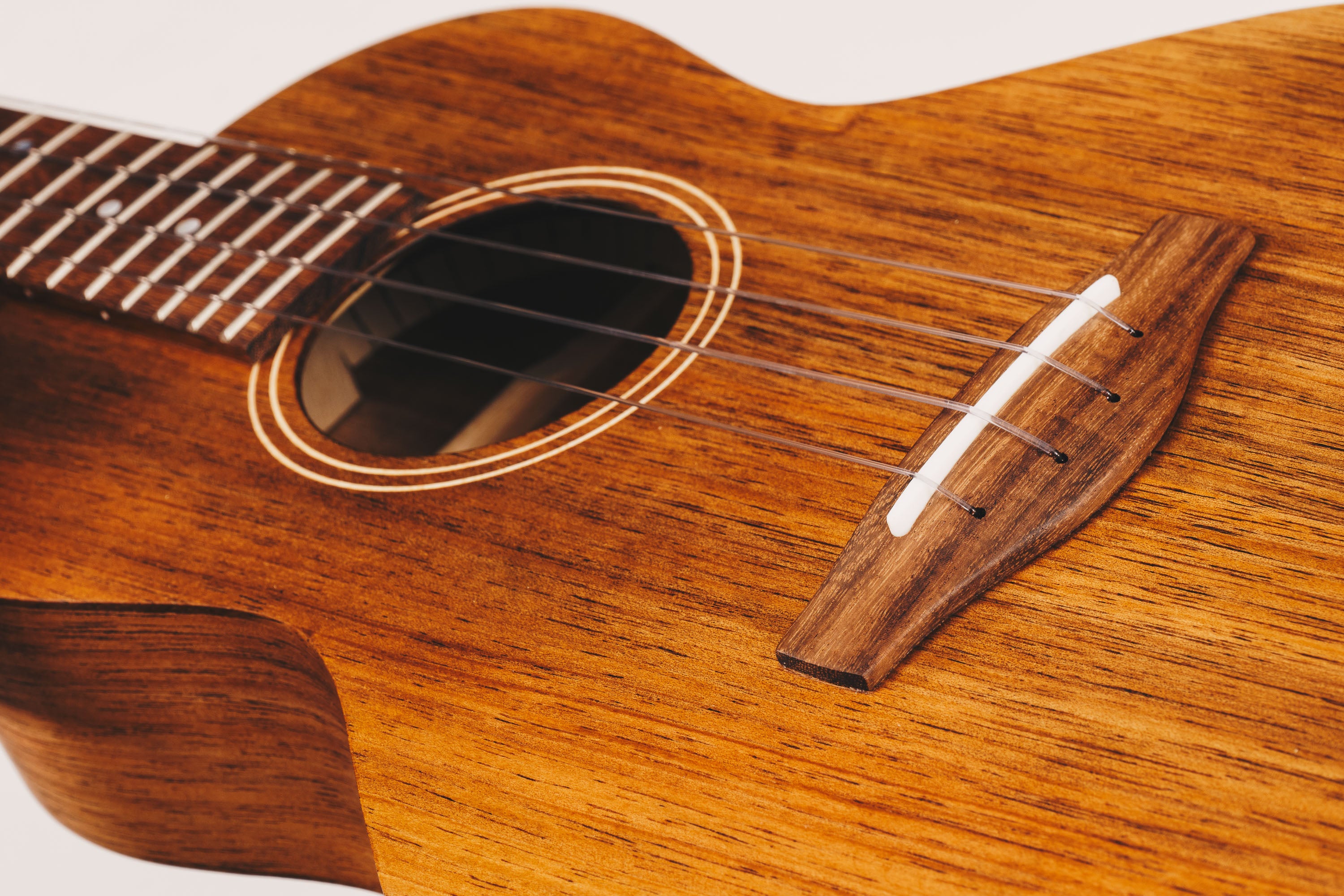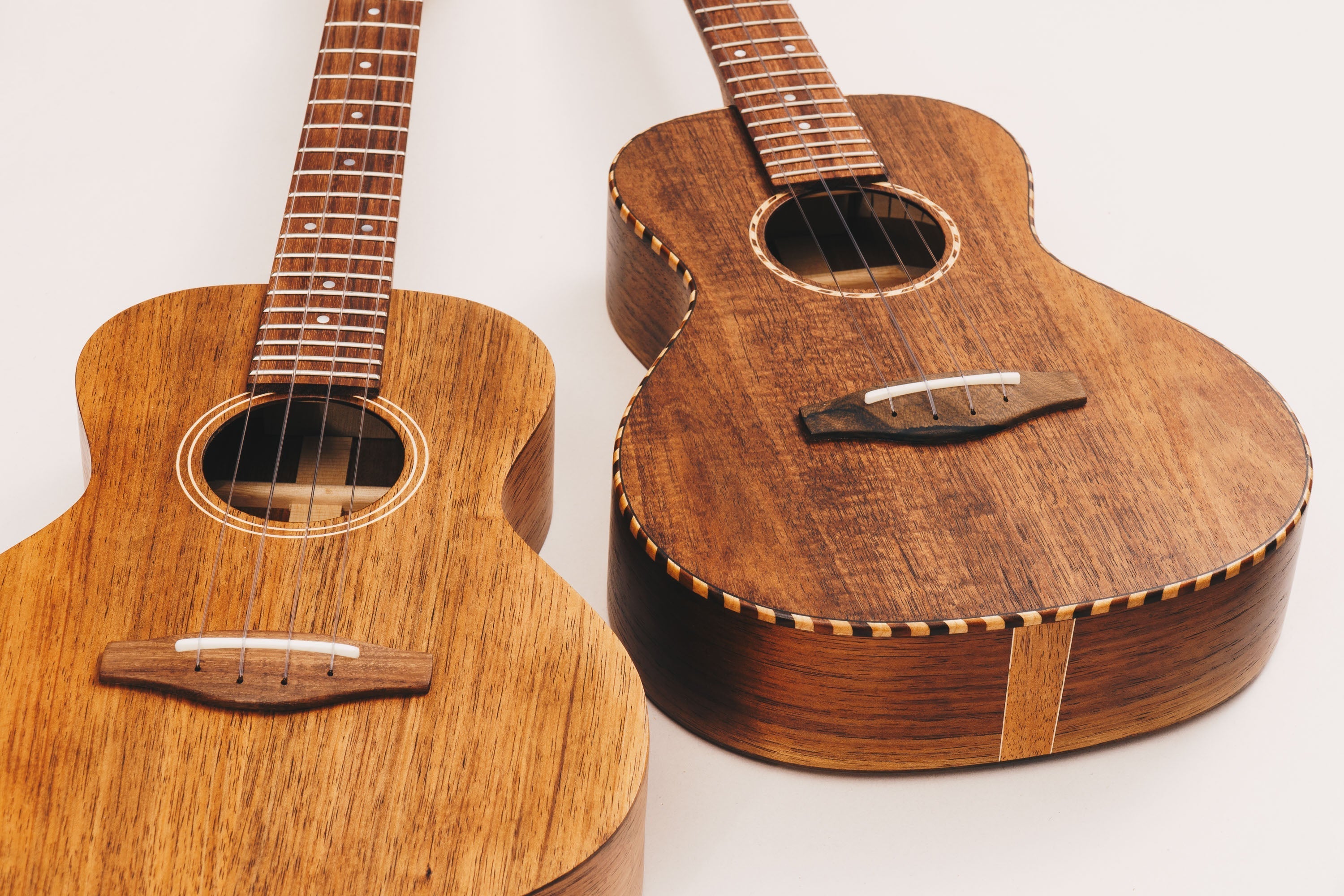Ukulele Care and Maintenance: Keeping Your Musical Companion in Perfect Harmony
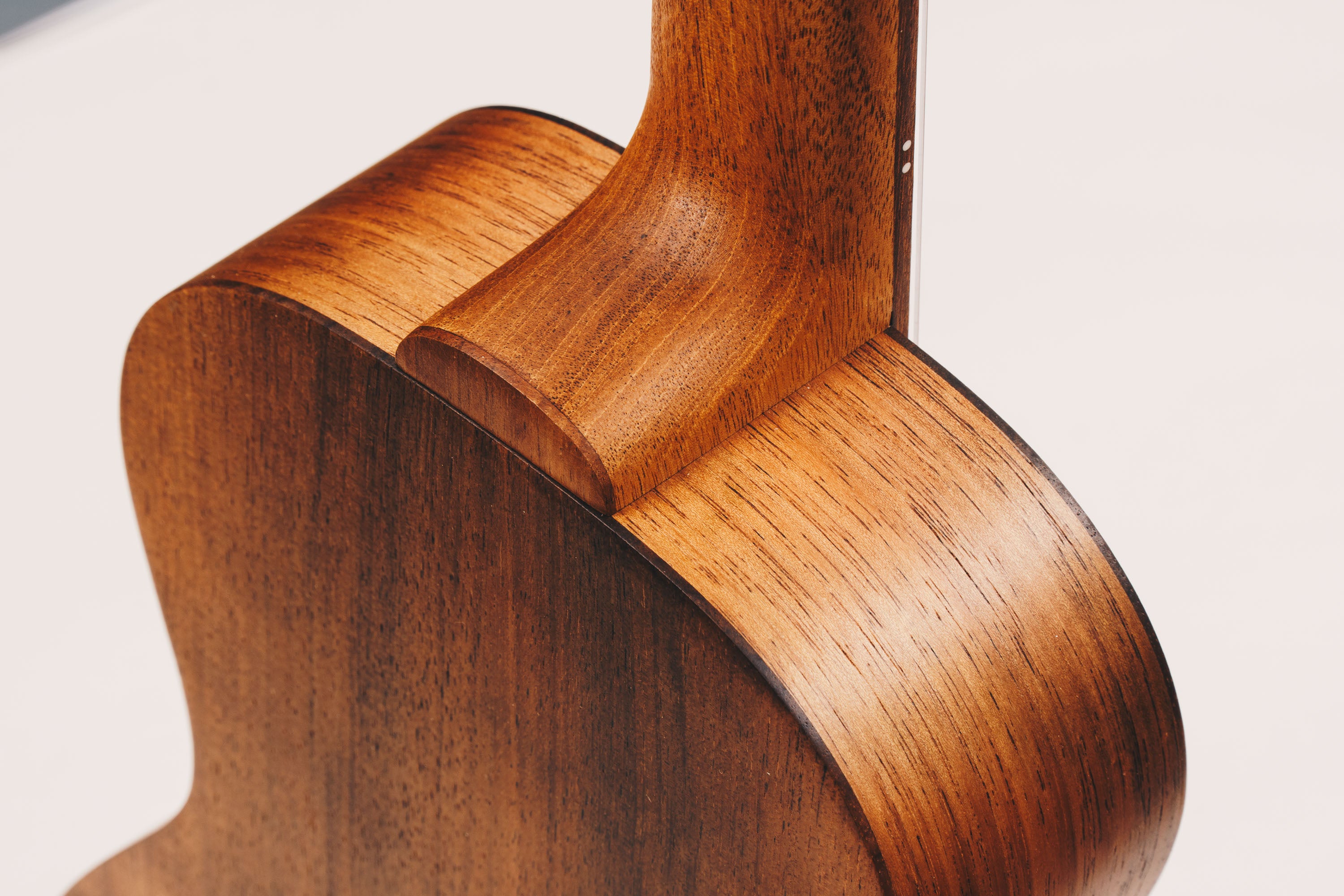
Owning a ukulele is not just about playing beautiful melodies; it's also about nurturing a lasting musical bond. Proper care and maintenance are essential to ensure your ukulele stays in perfect harmony and continues to produce enchanting tunes for years to come. In this comprehensive guide, we'll explore the best practices for ukulele care, providing you with valuable tips to keep your musical companion in top-notch condition.
1. Cleaning Your Ukulele: A Step-by-Step Guide
Regular cleaning is a fundamental aspect of ukulele care. Over time, dust, dirt, and grime can accumulate on your instrument, affecting its tone and appearance.
To clean your ukulele, start by gently wiping the body with a soft, lint-free cloth to remove any surface dust. Next, use a separate cloth very slightly dampened with water (or a small amount of mild soap diluted in water) to clean the fretboard. Be cautious not to use excessive moisture to prevent damage to the wood.
Periodically oiling your fretboard with lemon oil, or dedicated fretboard oils will help keep the exposed wood of the fretboard looking great and properly protected.
Wipe down the strings regularly to remove any residue and prevent corrosion on wound (metal) strings.
Cleaning your ukulele regularly not only keeps it looking pristine but also ensures it produces the best possible sound.
Of course the best way to keep your ukulele clean is to try and avoid getting it dirty in the first place. Wash your hands before playing to remove excess oils and dirt and always storing it in a case goes a long way to making your ukulele look as good as the day you bought it.
2. Humidity and Storage: Protecting Your Ukulele
Humidity levels play a critical role in maintaining the health of your ukulele, as extreme humidity can cause wood to swell or contract, leading to potential damage.
The ideal humidity range for your ukulele typically falls between 40-60%. To monitor humidity levels, consider investing in a hygrometer, a device that measures moisture in the air.
During dry seasons or in regions with low humidity, using a ukulele humidifier is recommended to prevent the wood from drying out and cracking. When not in use, store your ukulele in a protective case to shield it from temperature fluctuations and external impacts.
3. Tuning and String Care: Maintaining Perfect Pitch
Keeping your ukulele in tune is vital for optimal playability and sound quality. Regularly check the tuning of your ukulele and adjust the strings as needed. While tuning pegs may vary depending on your ukulele's design, the process involves turning the pegs clockwise or counterclockwise to achieve the desired pitch.
Always tune your ukulele gradually to avoid putting excessive strain on the strings, and always tuning up to a note rather than down helps ensure the gear mechanisms remain loaded and tight.
For string care, wipe them down with a clean cloth after each session to remove sweat and oils that can cause them to corrode or lose their brightness. When it's time to replace the strings, do so one at a time to avoid disrupting the instrument's balance.
4. Preventative Maintenance: Spotting and Addressing Issues
Preventative maintenance is key to addressing potential issues before they escalate. Regularly inspect your ukulele for any signs of wear, such as buzzing frets, loose tuners, or changes in the action (string height). If you encounter any problems, it's essential to address them promptly. Adjusting the action, tightening loose hardware, or addressing fret issues can significantly improve your ukulele's playability. If you're unsure about handling these repairs yourself, seek assistance from a qualified ukulele technician or luthier to ensure the best results.
5. Traveling with Your Ukulele: Tips for On-the-Go Care
Whether you're performing on stage or traveling with your ukulele, taking care of it during transit is crucial. Choose a sturdy, well-padded ukulele case to protect your instrument from potential impacts. Before traveling, loosen the strings slightly to alleviate tension on the neck during changes in air pressure. Additionally, consider investing in a portable humidifier to maintain optimal humidity levels during your travels, especially when visiting areas with extreme climates.
By taking extra precautions and handling your ukulele with care, you can ensure it remains in top condition, ready to accompany you on all your musical adventures.
Conclusion
Nurturing your ukulele with care and maintenance not only preserves its aesthetics but also enhances its musical soul. By following these comprehensive care guidelines, you'll ensure that your ukulele remains a faithful and resonant companion, accompanying you on countless melodic adventures for years to come. Embrace the joy of playing a well-cared-for ukulele and let the music of your heart continue to echo through its strings.

